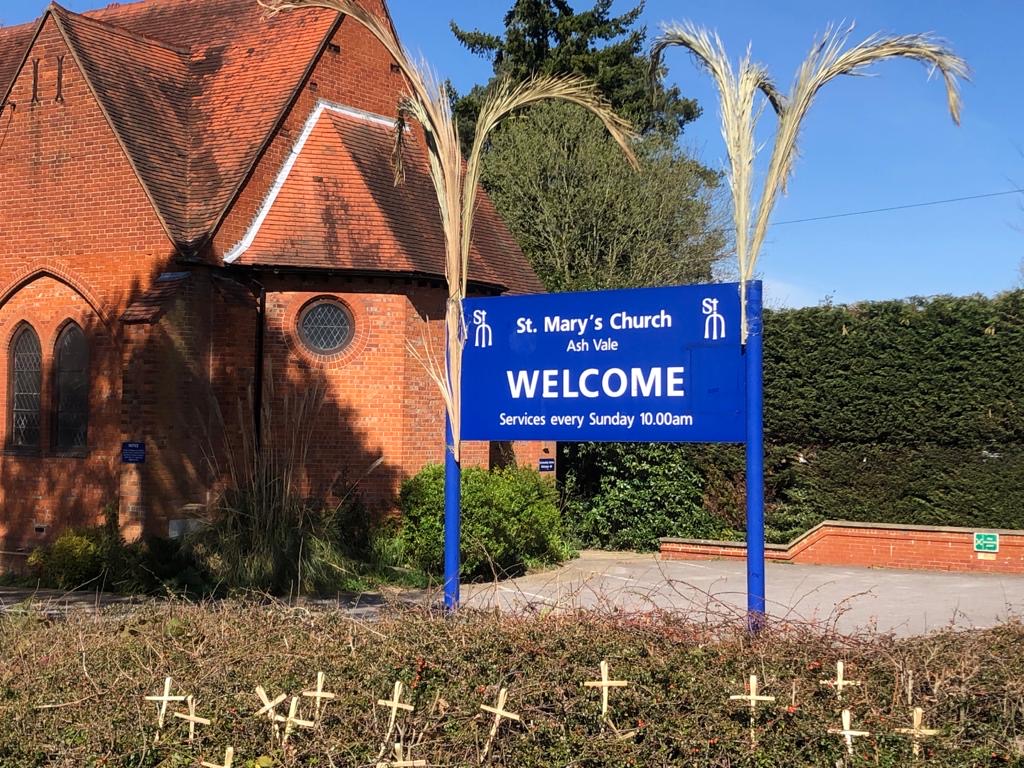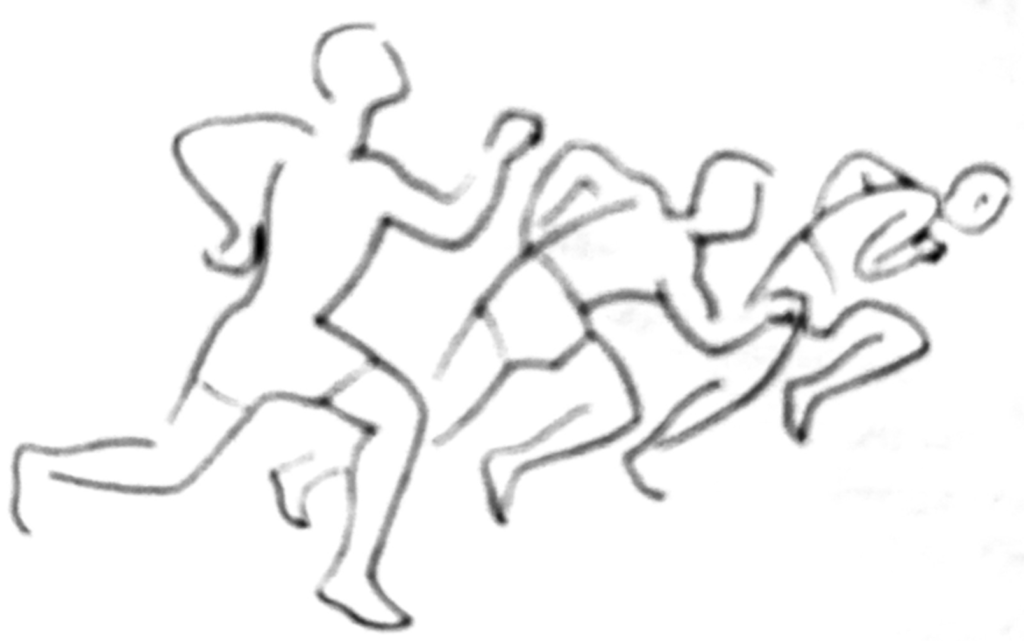By Helen Lambert
We have been waiting a long time – waiting for lockdown to end, waiting to go out, waiting to go away, waiting to hug, waiting for our jabs, waiting for test results, just waiting for COVID to go away and life to “get back to normal” (whatever that was!) For many, the waiting has been painful – for those in other parts of the world, it remains so, and the cries of anguish still resound.
What are you waiting for with the greatest anticipation? As with childbirth (v22) we know that the time is coming when we will experience the joy of these hopes being fulfilled – indeed, the signs are already here. This scripture passage from Paul’s letter to the Romans tells us that “Creation” is also waiting – groaning even – for something that is on its way, but not yet quite fulfilled.
What is it that the world is longing for? Are you longing too? We can see from these verses that all of us, somewhere, have an inbuilt desire for “something” that is beyond us, for a kind of fulfilment that is beyond that which our daily lives, and the world around us, have to offer. We might call this a “search for meaning”, a “spiritual awareness” or even a “God-shaped hole” – and we might have decided to ignore it, or we may be on a path to find it.
Paradoxically, for Christians, this longing does not disappear – in some ways it becomes more acute! What do these verses say that we are waiting for (v23,24)? And why, perhaps, do we feel this so keenly (v23)?
We have just celebrated the Feast of Pentecost – the day when God returned to fill the lives of his followers. Jesus had died and risen again, and many had seen him subsequently (as we celebrated at Easter) and then he had “ascended” back to his Father in heaven. On Pentecost, God returned in the form of the Holy Spirit – and made himself present in the lives of those who were waiting for him, as he does in our lives today. Although we do not fully understand this “mystery” of the Trinity, this experience of God’s presence in our lives through the Holy Spirit is the everyday experience of Christians throughout history and throughout the world. This is the “foretaste” of v23 – this experience of God, without complete knowledge, which directs the rest of our lives. Tantalising!
Here we are told that there will come a time when we will no longer be subject to the troubles of this life – whether through sickness, our own wrong choices, or anything else. We look forward to this full freedom in the future, when we leave this world (the hope” of v24). However, we do not have to wait until we die to begin to experience all that God has to offer – “our full rights as adopted children” (v24) even now, as we wait (v25).
As we begin to experience the Holy Spirit in our lives, our strength and vision are renewed and transformed (v26). What does he help us to do (v26-27)? Our experience with God is based in relationship, and relationship flourishes on communication. We often feel so inadequate in our communication with God – but here we are reassured that we do not need to know what to say, or how to express how we feel. As we make ourselves available to God’s Holy Spirit, he himself will enable this communication. We will not need to “pretend” to be other than what we are, for he knows our hearts (v27). More than that, he changes our hearts, so that eventually our prayers will reflect the heartbeat of God too.

Bible verses: Romans 8:22-17
For we know that all creation has been groaning as in the pains of childbirth right up to the present time. And we believers also groan, even though we have the Holy Spirit within us as a foretaste of future glory, for we long for our bodies to be released from sin and suffering. We, too, wait with eager hope for the day when God will give us our full rights as his adopted children including the new bodies he has promised us. We were given this hope when we were saved. (If we already have something, we don’t need to hope for it. But if we look forward to something we don’t yet have, we must wait patiently and confidently.)
And the Holy Spirit helps us in our weakness. For example, we don’t know what God wants us to pray for. But the Holy Spirit prays for us with groanings that cannot be expressed in words. And the Father who knows all hearts knows what the Spirit is saying, for the Spirit pleads for us believers in harmony with God’s own will.
If you would like to read the bible online there are lots of websites to choose from. One of them is Bible Gateway: https://www.biblegateway.com/




